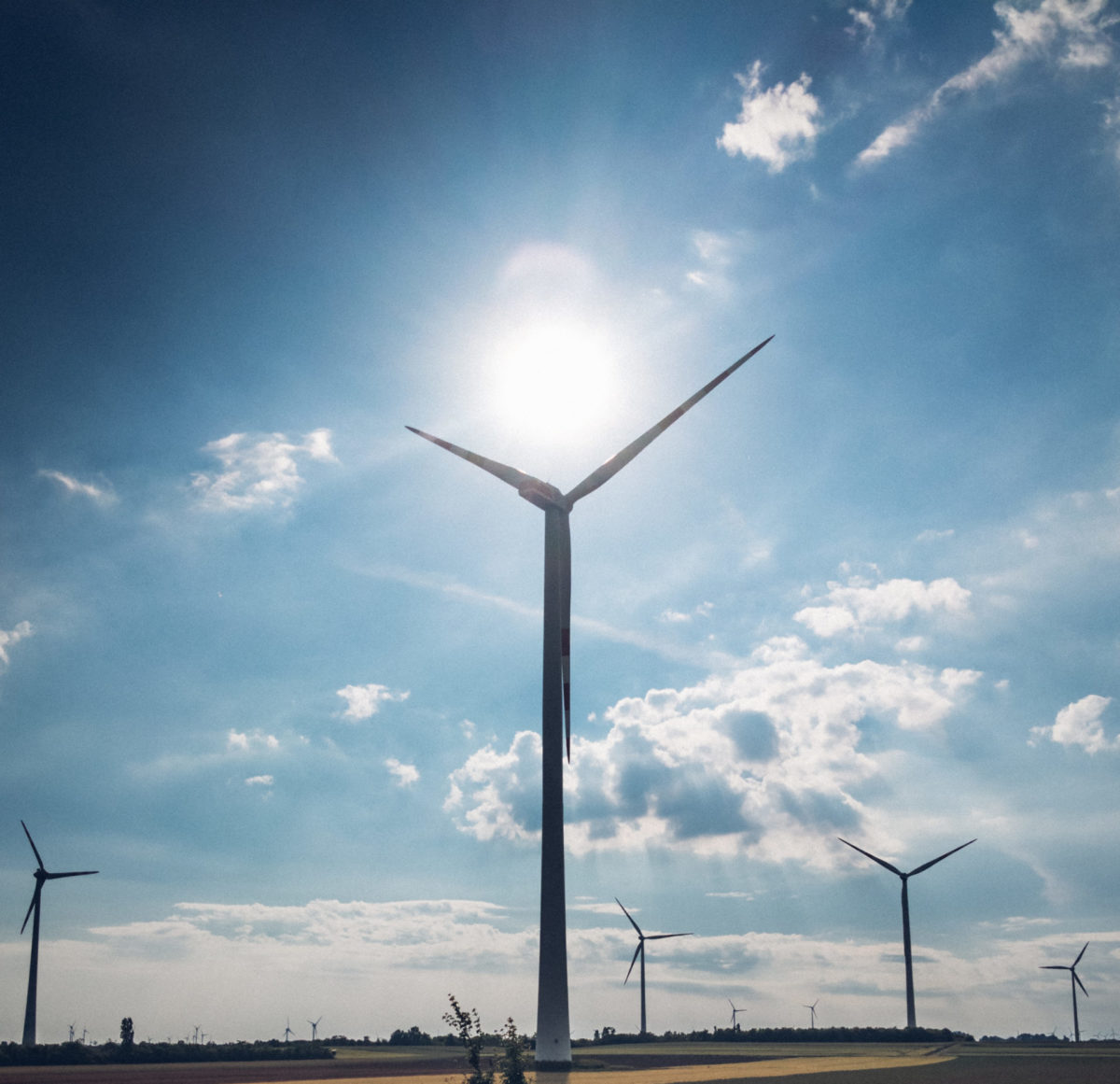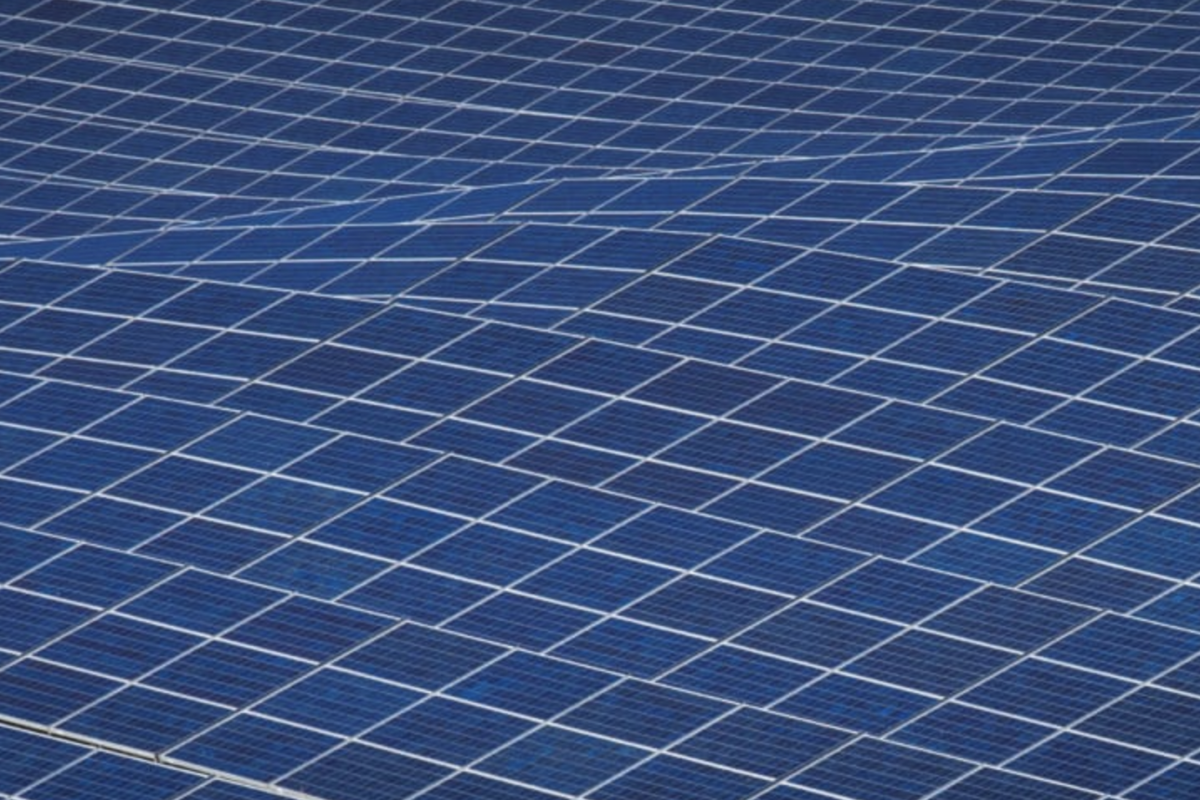From pv magazine Brazil newsletter
The Brazilian energy regulator – Aneel – approved, last Tuesday, a new regulation for the operation of hybrid power plants.
Resolution 954/2021 defines what hybrid projects are and establishes the rules for permitting and contracting the use of transmission systems. In addition, it defines what kind of tariffs these plants will have to pay for using the grid, and possible tariff reductions.
The regulation is considered an important step to help Brazil take advantage of the synergies between different sources of energy generation. It allows for combinations of different generation sources, including PV, wind, hydroelectric, and thermoelectric plants.
Combining utility scale facilities, according to the regulator, should allow the use of the transmission network in a more efficient and stable manner while helping plant operators mitigate risks and save on land purchase and other costs.
“The approval of the proposed regulation will be a milestone for the development of hybrid plants, which will provide greater technological diversity, contributing to the modernization of the Brazilian electricity sector,” stated Aneel director Elisa Bastos. “The inclusion of these projects in the electrical system can reduce costs and delay new investments in grid expansion.”
“This regulation is a leap in quality in the electricity sector and is now the priority of our innovation agenda,” said the director general of Aneel, André Pepitone. “Throughout the entire process of building the regulation, Aneel acted with predictability and transparency, qualities that were recently recognized by the Organisation for Economic Co-operation and Development (OECD).”
The procedural matters related to the viability of the hybrid plants will be approved by Aneel shortly, with the revision of grid procedures and commercialization rules.
Prior to Aneel's new resolution, some pilot, hybrid wind-solar projects were undertaken in Brazil. One of these is a 68.7 MWac facility planned to be installed on a plot next to the existing 205.9 MW Ventos do Piauí I wind farm, by the energy division of the Brazilian multinational Votorantim: Votorantim Energia. The commissioning of the entire complex is scheduled for early 2023 and it will have a total installed capacity of 274.6 MW. It will sell energy on the free market.
A study conducted by Brazil’s government-run energy agency the Empresa de Pesquisa Energética, in 2017, stated that, for hybrid wind-solar, the particular characteristics of every geographical area must be taken into account, and that the benefits of every wind-solar project must be assessed on a case-by-case basis. The study includes, among other things, an analysis of the advantages of these projects in northeastern Brazil, where the transmission grid has a limited capacity compared to the volume of the proposed wind and solar projects.
This content is protected by copyright and may not be reused. If you want to cooperate with us and would like to reuse some of our content, please contact: editors@pv-magazine.com.



1 comment
By submitting this form you agree to pv magazine using your data for the purposes of publishing your comment.
Your personal data will only be disclosed or otherwise transmitted to third parties for the purposes of spam filtering or if this is necessary for technical maintenance of the website. Any other transfer to third parties will not take place unless this is justified on the basis of applicable data protection regulations or if pv magazine is legally obliged to do so.
You may revoke this consent at any time with effect for the future, in which case your personal data will be deleted immediately. Otherwise, your data will be deleted if pv magazine has processed your request or the purpose of data storage is fulfilled.
Further information on data privacy can be found in our Data Protection Policy.